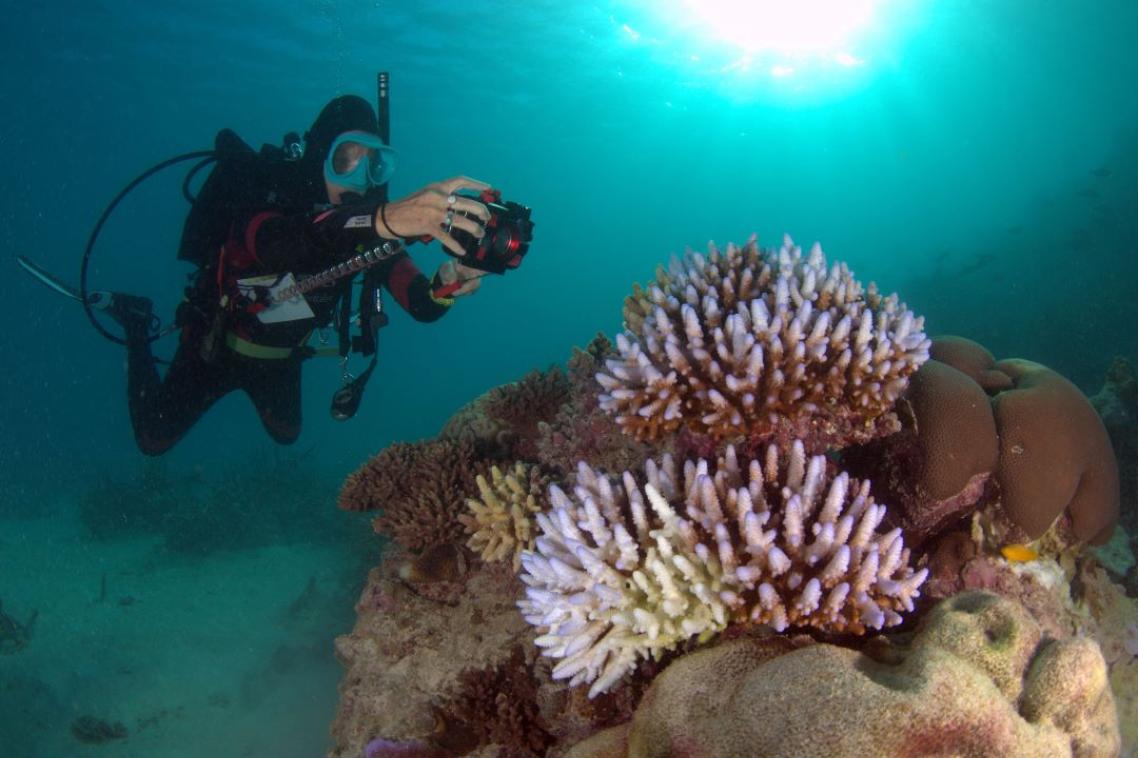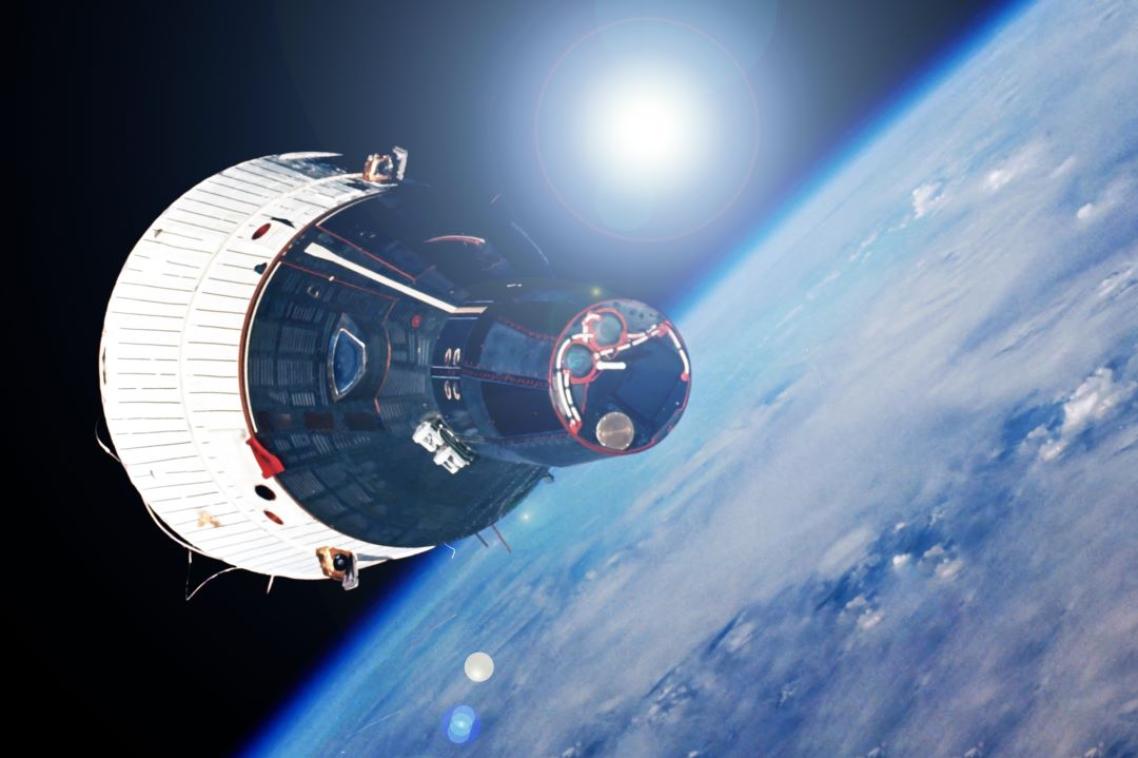Innovative focus on human-animal health links
University of Queensland researchers hope to devise new measures and approaches to the impact of animal infections on humans, thanks to a US$100,000 grant through Grand Challenges Explorations, an initiative created by the Bill and Melinda Gates Foundation.
Dr Simon Reid from UQ’s School of Population Health said the funding would allow his team to create a metrics-based tool that could better measure and communicate the impact of animal infections transmitted to humans (zoonoses).
He said such infections included Hendra virus, rabies and bird flu.
“Zoonoses affect millions of people throughout the world each year, mostly in the developing world,” Dr Reid said.
“By better understanding the health and economic consequences of these infections, policy-makers will be able to identify and implement the most effective intervention options in health, agricultural, environmental and veterinary services.”
The tool Dr Reid is developing will use multi-criteria decision analysis (MCDA) commonly used in ecology and environmental management to investigate complex problems with many possible solutions.
It helps prioritise issues, consider the needs of different stakeholders and allow for trade-offs between alternative options.
“This is a novel approach because we are placing different stakeholder groups, including, for example, farmers, government departments, consumers and industry, at the centre of the decision-making process that influences disease emergence and control,” Dr Reid said.
“Our research plan includes specific activities to evaluate the most appropriate way to engage with these different groups, using their different perspectives to achieve consensus and make decisions that lead to action.”
About Grand Challenges Explorations
Grand Challenges Explorations is a $100 million initiative funded by the Bill & Melinda Gates Foundation. Launched in 2008, over 800 people in 50 countries have received Grand Challenges Explorations grants. The grant program is open to anyone from any discipline and from any organization. The initiative uses an agile, accelerated grant-making process with short two-page online application and no preliminary data required. Initial grants of $100,000 are awarded two times a year. Successful projects have the opportunity to receive a follow-on grant of up to $1 million.
Media: Dr Simon Reid, Simon.reid@uq.edu.au, 0405 557 594, or Vanessa Mannix Coppard, v.mannixcoppard@uq.edu.au, 042 420 7771.
Related articles

Thousands of Queensland reef photos lead to worldwide change

UQ to conduct world-first tests into effectiveness of magnetic heat shields for atmospheric re-entry of large spacecraft
Media contact
UQ Communications
communications@uq.edu.au
+61 429 056 139
